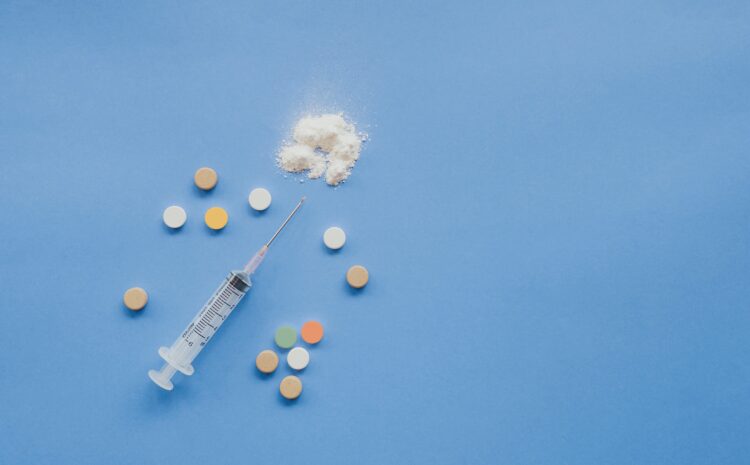
We expect that a medication prescribed by a doctor or a medical device we use will be effective and safe. Unfortunately, this does not always happen. Sometimes, defective or dangerous medical devices and drugs can harm patients. Patients may wonder if they can sue for damages from the manufacturer or distributor.
Yes, you can sue if a drug or medical device is dangerous or defective. The process of suing can be complicated, and the outcome will depend on many factors including the circumstances of the case, as well as the laws in the jurisdiction where the lawsuit was filed.
Product liability is one of the most important legal theories to use in a lawsuit involving a dangerous or defective drug or medical device. Product liability is the legal theory which holds product manufacturers, distributors and sellers responsible for any harm that their products may cause. A product liability suit might be filed in the case of a dangerous or defective drug or medical device. It could claim that the manufacturer, distributor, or designer of the product failed to test it adequately, failed to warn the consumer of the potential risks, and/or designed it in an unreasonably hazardous way.
In order to win a lawsuit for product liability, the plaintiff will need to prove three things: that the product is defective or dangerous, that this defect or danger led the plaintiff to suffer injuries, and that he or she suffered damages. These elements are difficult to prove and require the assistance of experts and detailed documentation of the plaintiffs’ injuries and damages.
Negligence is another legal theory which may be relevant to a lawsuit involving a dangerous or defective drug or medical device. A legal theory called negligence holds defendants responsible for any harm they cause by failing to exercise reasonable care. A negligence lawsuit may be filed against a manufacturer or distributor of a dangerous or defective drug or medical device if they failed to take reasonable care when testing, manufacturing or warning the consumer about the product.
As with product liability suits, plaintiffs must prove that the defendant caused the injury and that damages were incurred as a result. Negligence suits can be difficult to prove and require expert testimony and extensive evidence.
Patients who have suffered harm due to a dangerous or defective drug or medical device can also bring a case based on fraud or breach of warranty. Breach of warranty suits allege the product failed to live up the promises and guarantees made by its manufacturer or distributor. Fraud lawsuits claim that the manufacturer intentionally misled the consumer about the product’s safety or effectiveness.
It is vital that patients who have suffered harm seek out the counsel of an experienced lawyer, regardless of the legal theory they use to support their lawsuit. A lawyer can help patients to understand their legal options and rights, collect the evidence they need to support their case and navigate the complicated legal process of suing the manufacturer or distributor.
Patients who have suffered harm from a dangerous or defective drug or medical device can sue its manufacturer or distributor for damages. The process of suing to recover damages is complex and will depend on many factors. To understand their legal options and rights, patients who have suffered harm should consult an experienced lawyer.

